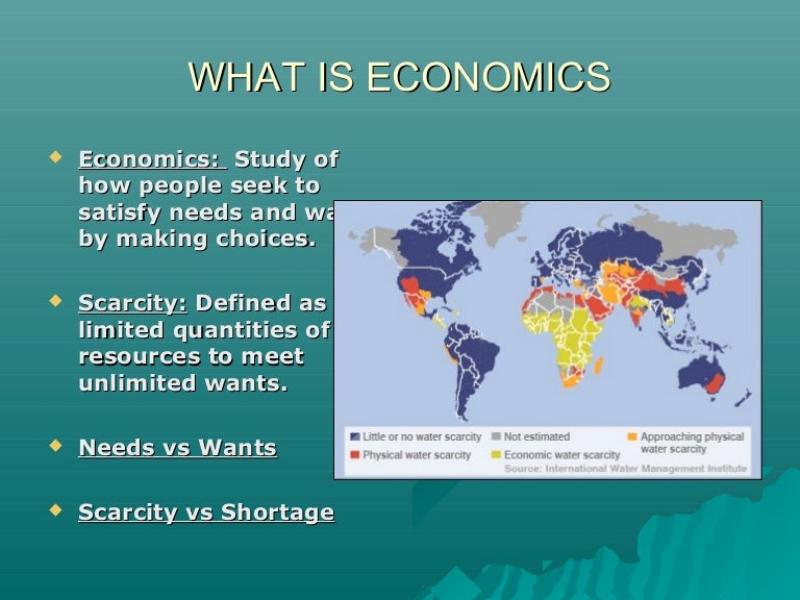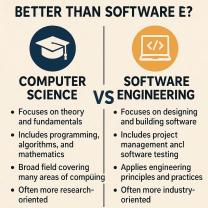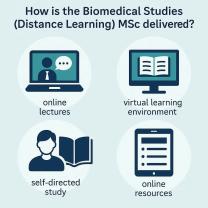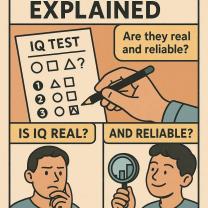What is economy course?
An "economy course" typically refers to a course of study that focuses on the subject of economics. Economics is a social science that analyzes the production, distribution, and consumption of goods and services. It explores how individuals, businesses, governments, and societies make decisions about resource allocation to satisfy their needs and wants.
Here are some key components and learning focus areas you might encounter in an economics course:
Microeconomics:
- Microeconomics examines the behavior of individual economic agents, such as consumers, firms, and markets. Topics include supply and demand, market structures, consumer choice, production, and factors influencing individual decision-making.
Macroeconomics:
- Macroeconomics looks at the overall performance and behavior of the economy as a whole. It includes the study of indicators such as gross domestic product (GDP), unemployment rates, inflation, and government fiscal and monetary policies.
Economic Theories and Models:
- Students in an economy course may learn about various economic theories and models that help explain and predict economic phenomena. This could include classical economics, Keynesian economics, neoclassical economics, and others.
Market Structures:
- Understanding different market structures, such as perfect competition, monopolies, oligopolies, and monopolistic competition, is often a key component. Each structure has unique characteristics that influence pricing, output, and market behavior.
International Economics:
- This area explores economic interactions between different countries. Topics may include international trade, exchange rates, balance of payments, and the impacts of globalization on economies.
Public Finance:
- Public finance examines the role of government in the economy. It covers topics such as taxation, government spending, public goods, and the impact of fiscal policies on economic stability.
Labor Economics:
- Labor economics focuses on the labor market, including issues related to employment, wages, labor mobility, and the impact of labor unions.
Development Economics:
- Development economics explores the economic challenges faced by developing countries. It includes topics such as poverty, inequality, economic growth, and strategies for sustainable development.
Environmental Economics:
- Environmental economics looks at the economic implications of environmental issues. This includes the study of externalities, pollution, natural resource management, and the role of economic incentives in environmental conservation.
Game Theory:
- Game theory is a branch of economics that studies strategic interactions between rational decision-makers. It is often used to analyze behavior in situations of competition and cooperation.
Econometrics:
- Econometrics involves the application of statistical methods to economic data. It helps economists test hypotheses, make predictions, and analyze the relationships between variables.
Applied Economics:
- Some courses may have a practical or applied focus, where students apply economic principles to real-world issues and case studies.
An economy course provides a comprehensive understanding of the principles and theories that govern economic systems. It equips students with analytical tools to assess and address economic challenges at both micro and macro levels. The specific focus areas can vary based on the level of the course (introductory, intermediate, or advanced) and the goals of the educational institution offering the course.
What does an economy course typically cover?
The specific content of an economy course can vary depending on the level (introductory, intermediate, advanced), focus (macroeconomics, microeconomics), and teaching style, but it typically covers these core areas:
1. Fundamental Concepts:
- Scarcity and Choice: Exploring the basic economic problem of limited resources and unlimited wants, leading to trade-offs and opportunity costs.
- Supply and Demand: Understanding how market forces of supply and demand determine prices and quantities of goods and services.
- Macroeconomic Aggregates: Learning key concepts like GDP, inflation, unemployment, and interest rates, which measure the overall health of an economy.
- Microeconomic Decision-Making: Analyzing how individuals and firms make choices about consumption, production, and investment within a market system.
2. Microeconomics:
- Market Structures: Analyzing different types of markets like perfect competition, monopoly, oligopoly, and monopolistic competition, and their impact on competition and consumer welfare.
- Production and Cost Theory: Understanding how firms produce goods and services, minimize costs, and maximize profits.
- Market Failure: Exploring situations where markets fail to achieve optimal outcomes, such as externalities, public goods, and information asymmetries.
- Government Intervention: Examining how government policies like taxes, subsidies, and regulations can influence market outcomes and address market failures.
3. Macroeconomics:
- Economic Growth and Development: Investigating factors that drive economic growth, including technological advancements, investment, and human capital.
- Business Cycles: Understanding fluctuations in economic activity, with periods of expansion, recession, and recovery.
- Monetary Policy: Analyzing how central banks use tools like interest rates and quantitative easing to influence inflation, unemployment, and economic growth.
- Fiscal Policy: Examining how government spending and taxation policies affect aggregate demand, economic activity, and distribution of income.
4. International Economics:
- International Trade: Analyzing the benefits and challenges of international trade, including globalization, trade agreements, and exchange rates.
- Balance of Payments: Understanding the flow of goods, services, and financial capital between countries and its impact on exchange rates and national economies.
- Global Economic Issues: Exploring challenges like international debt, development aid, and sustainability in a globalized world.
5. Current Economic Issues:
- Many courses integrate discussions and case studies on current economic events and challenges, allowing students to apply theoretical concepts to real-world situations.
Additional points to consider:
- Some courses may have specific themes or areas of focus, such as behavioral economics, environmental economics, or public finance.
- Math skills are often used in more advanced courses, but introductory courses typically require basic math operations and understanding of graphs and charts.
- Courses often involve simulations, games, and discussions to encourage active learning and critical thinking.
Ultimately, an economy course aims to equip students with the knowledge and tools to understand the economy, make informed economic decisions, and critically analyze economic policies and events.
I hope this provides a helpful overview of what you can expect from an economy course. Feel free to ask if you have any further questions or want to delve deeper into specific areas of economics!













